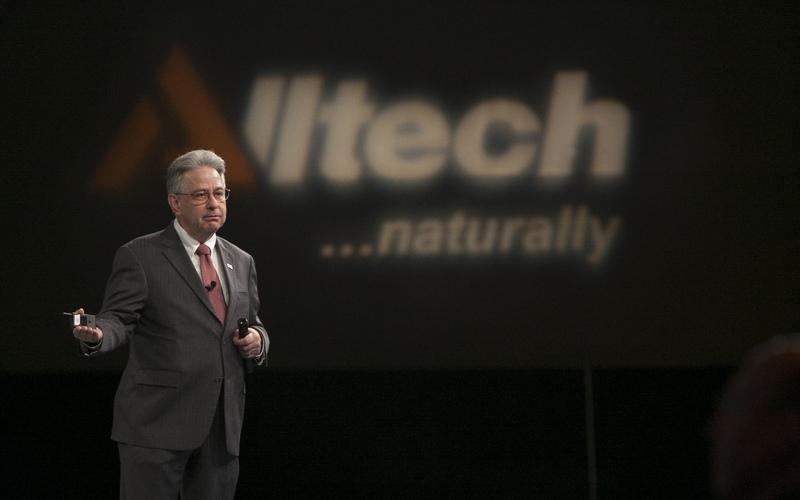This story on agricultural journalism is a guest post by Caroline Stocks. Be sure to visit her bio by clicking above on the author link for more information. Thanks, Caroline!
Whenever I tell people I’m an agricultural journalist, I always brace myself for the barrage of questions that invariably follow.
“Do you just write about cows all day?” is a common place to start, usually followed by: “Are there enough farmers in the U.K. that they need their own newspaper?”
If the person I’m speaking to is a bit rude (which, sadly, happens quite often), they’ll even ask: “You write about farming? Didn’t you want to be a proper journalist?”
For the majority of people who live and work in a city, agriculture is a little-known industry. As long as the shelves are stocked when they nip to Sainsbury’s after work, few people think about where their food comes from, let alone how it’s produced.
From urban life to an unexpected career in agricultural journalism
It’s an issue I can speak on from experience. I grew up in a city, studied journalism at university and ended up writing about farming purely by accident.
Before I became a farming journalist, the closest I’d come to agriculture was once buying eggs from a farm shop and hearing The Wurzels on the radio.
But once I got into the industry, I was fascinated by all the stories there were to tell, and I became determined that I was going to share them with as many people as possible.
From covering government policies, environmental issues, and business and economics to livestock production and crop science, I love the breadth of what I get to write about.
I also love the chance I have to tell people about the work and passion that goes into producing the food we eat.
For too long, the focus has been on getting our food to be as cheap as possible without really thinking about the consequences, not just to farmers’ businesses, but also to the environment and the public’s health.
I see my job as being not only to inform farmers about the developments in their industry to help them drive more efficient, profitable businesses, but also to help build that lost connection between farmers and their customers.
Critical questions represent an opportunity to “agvocate”
It’s a belief that I know many agricultural journalists around the world share.
Over the past decade, my job has taken me across Europe and further afield to countries including India, Australia, Canada, Tanzania and the United States to report on farming issues and meet other agri-journalists.
Without fail, I’m always struck by the fact that not only does every country’s farming industry have similar concerns and issues, but every single producer and agri-journalist shares the same passion for what they do.
So, yes, it may not seem like a quirky job to an outsider, but I see every one of the daft questions they ask as an opportunity to tell them about how great the industry is.
And if I can say I spent this past summer travelling through Germany, Italy and France meeting some fascinating people and learning about some incredible businesses, then I’m happy I decided against being a “proper journalist.”
















